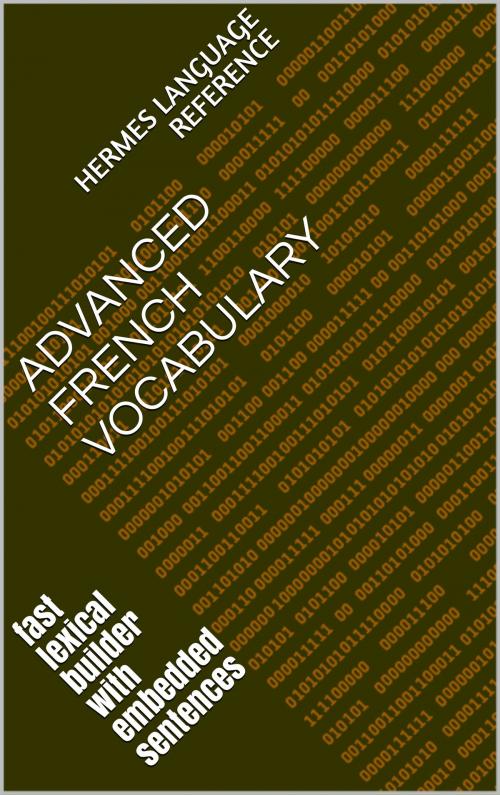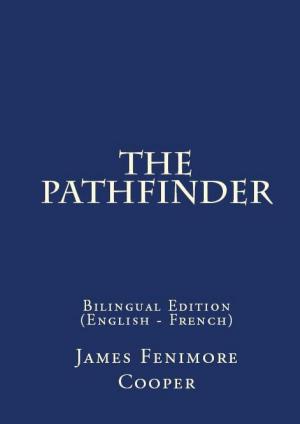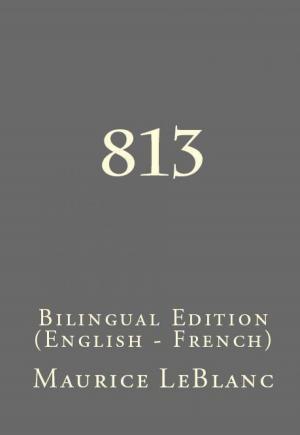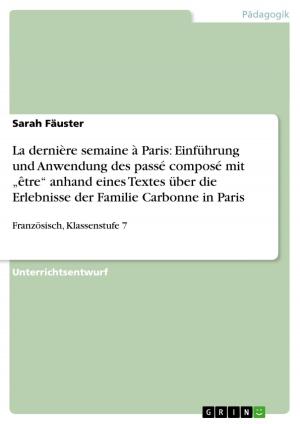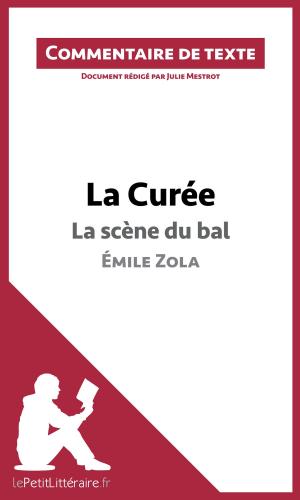| Author: | Hermes Language Reference | ISBN: | 9781370776313 |
| Publisher: | Hermes Language Reference | Publication: | December 25, 2017 |
| Imprint: | Smashwords Edition | Language: | English |
| Author: | Hermes Language Reference |
| ISBN: | 9781370776313 |
| Publisher: | Hermes Language Reference |
| Publication: | December 25, 2017 |
| Imprint: | Smashwords Edition |
| Language: | English |
This vocabulary builder is intended for intermediate French learners, who wish to rapidly raise their lexical knowledge to the advanced level.
French is one of the languages in which the purity of expression is most highly praised (a nice way to describe snobbishness, one might say….), up to the point at which non-native speakers could become exasperated by the multitude of nuances, specific tropes, and particular syntax structures that seem to flow in at every corner in written and spoken French.
The one thing to do…is to have patience, and always look for words and structures within sentences. Learning de-contextualized terms by heart is just hopeless. One needs the medium of sentences and phrases in order to acquire fast and stable knowledge of lexical terms and structures.
One also needs to read and if possible, speak in French as much as possible.
No manual or course can substitute the beneficial effect of directly reading and speaking in French.
But the present vocabulary builder will help. For each term or construction, at least three sentences or phrases are provided for exemplification and context.
After the vocabulary builder, a short story by Guy de Maupassant (Two friends/’Deux amis’ – published in 1883 and translated in English in 1903 by Albert M.C. McMaster) offers the chance to measure and verify the advancement made, as well as to add some extra vocabulary.
The story is presented in a bilingual, juxta-paragraph translation – French sentences or phrases are immediately followed by translation.
Readers should try to recognize the terms presented in the preceding vocabulary builder, and also to write down any new terms they might encounter, contextualized in sentences - thus taking advantage of the juxta-paragraph format.
This book closes with another story by Maupassant (‘Mademoiselle Fifi’ – published in 1882), whose original French text is annotated here with lexical footnotes.
Both of Maupassant’s stories, and the English translation, are now public domain. (https://en.wikisource.org/wiki/The_Complete_Short_Stories_of_Guy_de_Maupassant)
This vocabulary builder is intended for intermediate French learners, who wish to rapidly raise their lexical knowledge to the advanced level.
French is one of the languages in which the purity of expression is most highly praised (a nice way to describe snobbishness, one might say….), up to the point at which non-native speakers could become exasperated by the multitude of nuances, specific tropes, and particular syntax structures that seem to flow in at every corner in written and spoken French.
The one thing to do…is to have patience, and always look for words and structures within sentences. Learning de-contextualized terms by heart is just hopeless. One needs the medium of sentences and phrases in order to acquire fast and stable knowledge of lexical terms and structures.
One also needs to read and if possible, speak in French as much as possible.
No manual or course can substitute the beneficial effect of directly reading and speaking in French.
But the present vocabulary builder will help. For each term or construction, at least three sentences or phrases are provided for exemplification and context.
After the vocabulary builder, a short story by Guy de Maupassant (Two friends/’Deux amis’ – published in 1883 and translated in English in 1903 by Albert M.C. McMaster) offers the chance to measure and verify the advancement made, as well as to add some extra vocabulary.
The story is presented in a bilingual, juxta-paragraph translation – French sentences or phrases are immediately followed by translation.
Readers should try to recognize the terms presented in the preceding vocabulary builder, and also to write down any new terms they might encounter, contextualized in sentences - thus taking advantage of the juxta-paragraph format.
This book closes with another story by Maupassant (‘Mademoiselle Fifi’ – published in 1882), whose original French text is annotated here with lexical footnotes.
Both of Maupassant’s stories, and the English translation, are now public domain. (https://en.wikisource.org/wiki/The_Complete_Short_Stories_of_Guy_de_Maupassant)
